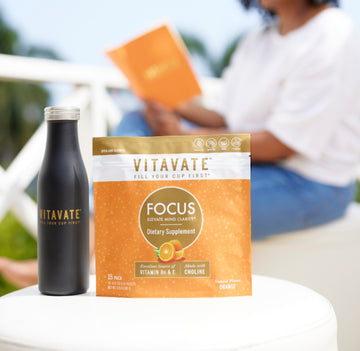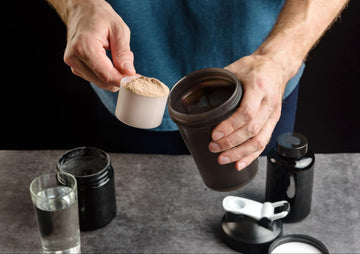For years, vitamin D has been seen as a one-trick pony, useful for keeping bones strong. No more. An explosion of research shows that the so-called sunshine vitamin is at work in almost every tissue in the body. Of particular interest to the workplace, the discovery of receptors for vitamin D throughout the brain suggests that it is important for thinking skills and memory. The disturbing side of this research is the fact that more than half of adults don’t get nearly enough vitamin D every day.
In the brain, vitamin D defends against toxins, stimulates the production of nerve-nurturing proteins, eases inflammation, and keeps blood vessels relaxed and open. Not getting enough of the sunshine vitamin could interfere with thinking skills today and slowly promote the development of Alzheimer’s disease or vascular dementia, the two leading causes of mental decline in the United States.
Earlier this year, research from the European Male Ageing Study, a long-term study of men aged 40-79 years, showed that lower levels of vitamin D were linked to worse performance on tests that gauge memory, recognition, and speed of information processing (Journal of Neurology, Neurosurgery, and Psychiatry). A study in older women showed a link between declining vitamin D levels and greater cognitive impairment (Neurology). These results are in line with other studies showing that vitamin D supports the brain’s everyday tasks and long-term health.
Not all the work has been bullish on vitamin D’s effect on brain power or memory. Some studies failed to find any connection, possibly because of the tools used to assess cognitive function or the definition of deficiency, according to a recent review in the European Journal of Neurology.
Other researchers are raising the alarm on lack of vitamin D for a host of chronic conditions, including falls and broken bones; heart disease and stroke; colorectal and other cancers; rheumatoid arthritis, lupus, and other autoimmune diseases; and depression and seasonal affective disorder.
Current national dietary guidelines recommend an intake of 200 international units (IU) of vitamin D for adults age 50 and under, 400 IU for those aged 51 to 70, and 600 IU for those older than 70. Since only a few foods deliver more than 100 IU per serving — salmon, tuna, sardines, milk, and fortified breakfast cereals — most people need to get their vitamin D elsewhere.
One way is to take a walk at midday when the sun is shining. Exposing your arms and legs to the sun for 5 to 10 minutes two to three times a week is enough to satisfy the body’s need for vitamin D, says Dr. Michael F. Holick, a leading expert on vitamin D at the Boston University School of Medicine. After that, cover up and put on sunscreen, since excessive exposure to the sun’s ultraviolet rays can also lead to skin cancer. (This doesn’t work between November and March if you live north of 37 degrees latitude, a line connecting San Francisco with St. Louis and Richmond, Virginia.)
Supplements are probably the simplest, safest way to get vitamin D. Multivitamins usually contain 400 IU. Some calcium supplements come with added vitamin D, which is a good idea since the two substances work together to build bone. You can also buy vitamin D by itself. A number of prominent vitamin D researchers believe that the current guidelines for vitamin D intake fall short, and recommend getting 800-1,000 IU every day. The national Institute of Medicine is currently reviewing the data for vitamin D to see if they warrant increasing the daily target.
If you don’t get outside much during daylight hours, it’s a good idea to ask your doctor to test your vitamin D level, and to take a supplement if your blood level isn’t up to snuff. To check it yourself, you can join Grassroots Health (www.grassrootshealth.net), a nonprofit organization that focuses on vitamin D. For a $40 membership fee, you’ll get information on vitamin D and a home test kit.









